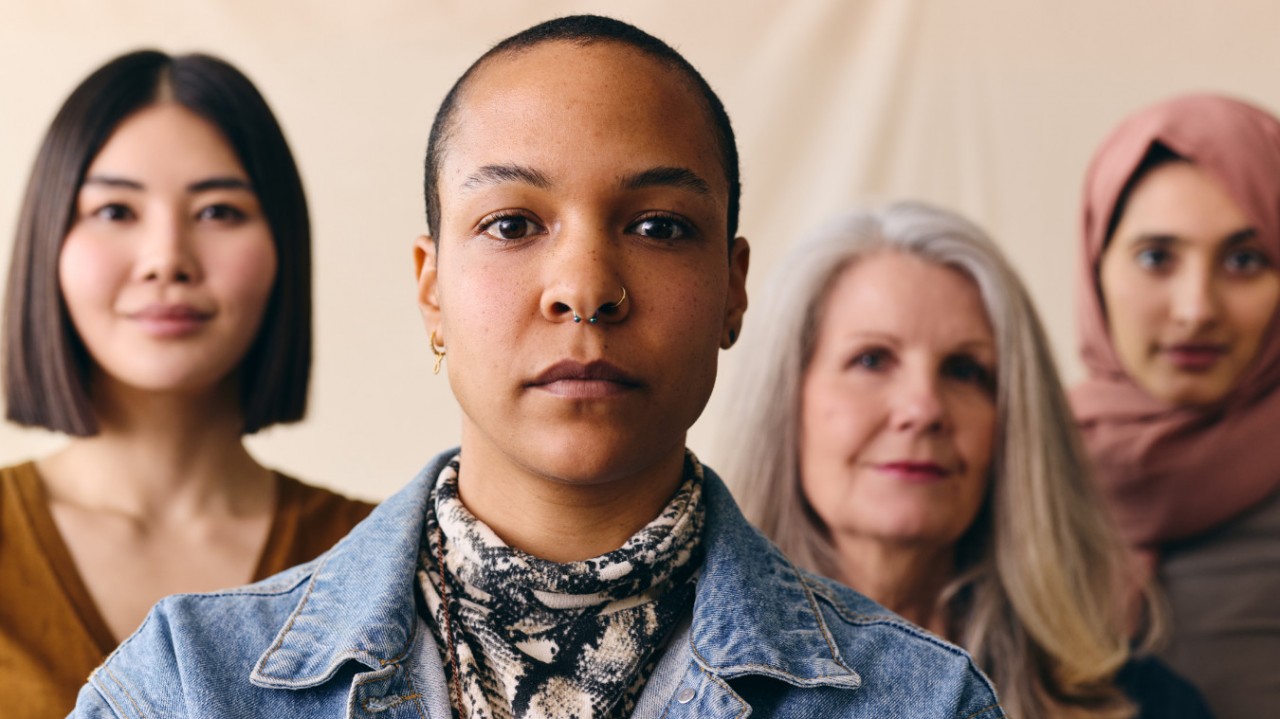The SANE Blog
Focussing on mental health this Women’s Health Week
The last few decades have seen the world become a better for women and girls but there is still much work to be done when it comes to mental health.
When it comes to women’s health and wellbeing, we’ve come a long way with increased awareness and action addressing some of the main issues that are impacting Australian women and girls.
Unfortunately, one area where we’ve not seen significant positive gains is in mental health.
The recent National Study of Mental Health and Wellbeing shows women are more likely to report mental health issues than men. For some conditions such as anxiety, PTSD and disordered eating, women are significantly more impacted, and these concerning statistics extend across women of all ages and all backgrounds.
While the reasons behind this are complicated and not always clear, there are some fundamental issues which affect women and girls that are likely to be contributing.
Women disproportionately experience sexism, violence, abuse and financial insecurity
Recent research found more than half of Australian women in their 20s, one third of women in their 40s, and a quarter of women aged between 68 and 73 have experienced sexual violence at some stage in their life. These alarming statistics highlight why we see women being significantly more likely to live with trauma and experience conditions like PTSD during their lifetime.
We’ve also seen a recent increase in psychological distress caused by financial insecurity, particularly in women aged over 50 years old. This trend appears to have been exacerbated by COVID-19 as many women faced job losses, increased domestic responsibilities and a loss of retirement income.
Women’s reproductive health and mental health are intrinsically linked
There are strong connections between hormonal fluctuations and mental health. Starting in puberty and extending right through to menopause, changes in hormone levels across the reproductive cycle can significantly impact mood and anxiety levels. In some cases, these fluctuations can also trigger more serious episodes of major depression, mania and psychosis.
For many women, pregnancy and child birth is a key stage where physical and mental health can collide. Up to one in five women experience depression either during, or post, pregnancy and trauma from the birth experience or pregnancy loss can have lifelong effects if adequate support and treatment is not provided.
Women face unrealistic expectations of body size and shape
In today’s technological world, we’re bombarded 24/7 with images of what society sees as the perfect female body shape.
For girls and women who have negative thoughts and feelings about their bodies, frequent exposure to these gendered expectations can lead to disordered eating and development of eating disorders such as anorexia nervosa, bulimia nervosa, and binge eating disorder, as well as increased risk of depression and anxiety.
Women shoulder much of the unpaid and under recognised care burden
Twenty years ago, the mantra was that ‘women can have it all’. These days, many women feel that it’s less about having it all, and more about doing it all.
Much of this is driven by women being more likely to be primary carers for children, aging parents, and family members experiencing illness or disability. The increased mental and physical load of juggling paid work with carer responsibilities, particularly during COVID times, can significantly impact wellbeing and has been directly linked with higher rates of stress, anxiety and depression.
What is SANE doing to help?
There is some good news among these sobering facts. While women disproportionately experience complex mental health challenges throughout their life, many women are willing to seek help.
At SANE, our trauma-informed counsellors support women from all walks of life every day. Through our free phone and digital services, Australians who identify as female can access the support, advice and community they need to navigate life’s challenges.
To chat with other people going through something similar, you can log in to our community forums.
If anything in this blog has strongly affected you, please seek help and support from one of the following:
For 24/7 suicide crisis support, please contact Lifeline 13 11 14.
For support around family violence and abuse, please contact 1800 RESPECT (1800 737 732).
SANE provides a range of free telephone and online support services for people over 18 years of age with complex mental health needs and their family, friends and carers. We offer different types and levels of support so you can find what works for you. Choose from counselling, peer support, online groups and events, 24/7 community forums, and online information and resources. Learn more at sane.org/get-support.
When you subscribe to the blog, we will send you an e-mail when there are new updates on the site so you wouldn't miss them.
